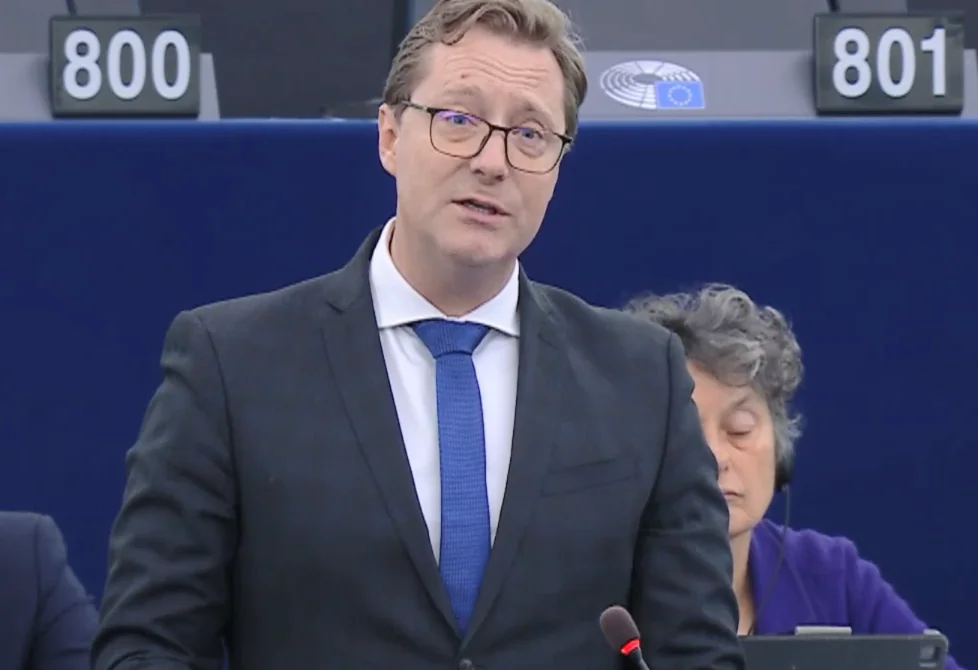At a recent plenary session of the European Parliament in Strasbourg, Slovenian Member of the European Parliament, Vladimir Prebilič, caused quite an embarrassment. Namely, he began his speech in Serbian, a move that was met with strong reactions.
MEP Vladimir Prebilič began his speech in Serbian, which is not an official language of the European Union, which immediately attracted the attention of the President of the European Parliament, Roberta Metsola. The latter reminded MEP Prebilič that the simultaneous interpretation from Serbian to other official languages was not guaranteed and that he should, therefore, speak in one of the official languages of the European Union.
The incident provoked strong reactions, notably from Croatian MEP Željana Zovko, who called the use of Serbian in the European Parliament a provocation. The criticism focused on the fact that Serbia is not a member of the European Union, and that such actions have no place in the European Parliament. After the warning, Prebilič continued speaking in English, but the damage to his reputation had already been done.
After the incident, MEP Prebilič said that he had wanted to draw attention to a number of problems in Serbia, but critics felt that by doing so, he had brought shame on the Republic of Slovenia and provoked unnecessary controversy which could easily have been avoided by using any of the official languages of the EU.
His action has been described by many as reckless and politically inappropriate. In the European Union, where international diplomacy is a core value, such moves are rare and often do more harm than good. Critics also stressed that it is important that Slovenian representatives abroad respect protocols and rules, otherwise they cause a disservice to both themselves and the country.
His speech was followed by a flurry of comments on social media. Most of them called the event an embarrassment not only for the MEP himself, but also for Slovenia, while Croatian MEP Zovko went even further, describing the speech as “irrelevant” and “inappropriate for the EU institutions”. She also wrote on X: “Serbia is not a member of the European Union and Serbian is not an official language of the European Parliament. Therefore, I intervened today in plenary on the provocation of the Slovenian representative Prebilič of the Greens, who insisted that the Serbian language be used by the representatives in connection with the recent events in the Republic of Serbia.”
Although Prebilič later claimed that he had not intended to harm Slovenia’s interests but to express support for the Serbian civil society, this incident will certainly have an impact on his performance in the European Parliament. The question remains whether Slovenia will be able to shake off the impression that its representatives do not respect the rules of the institutions in which they participate.
A. G.


